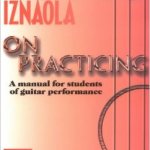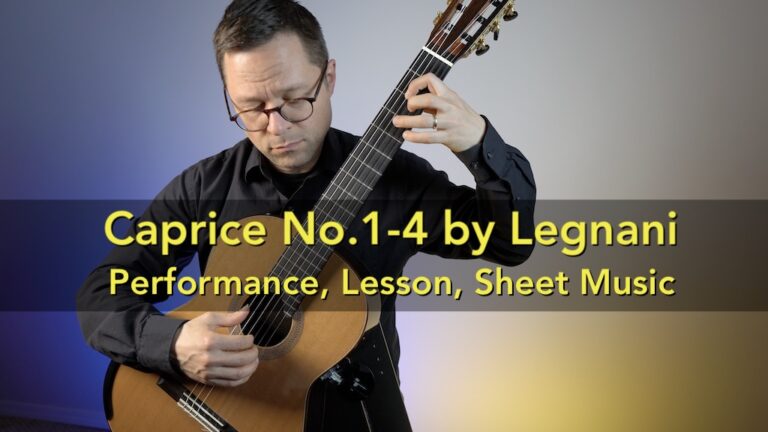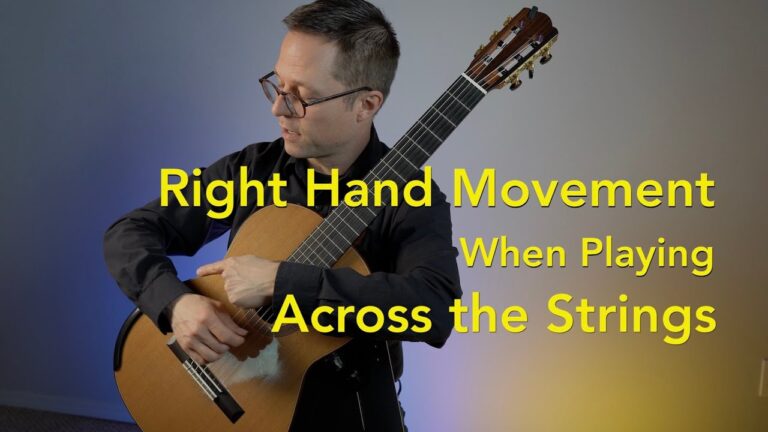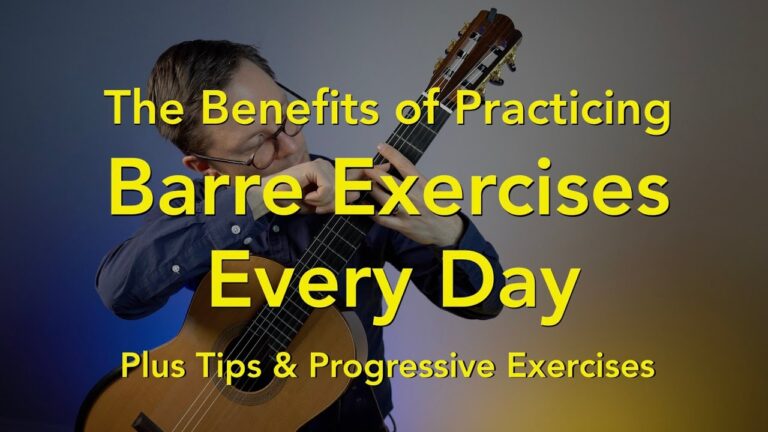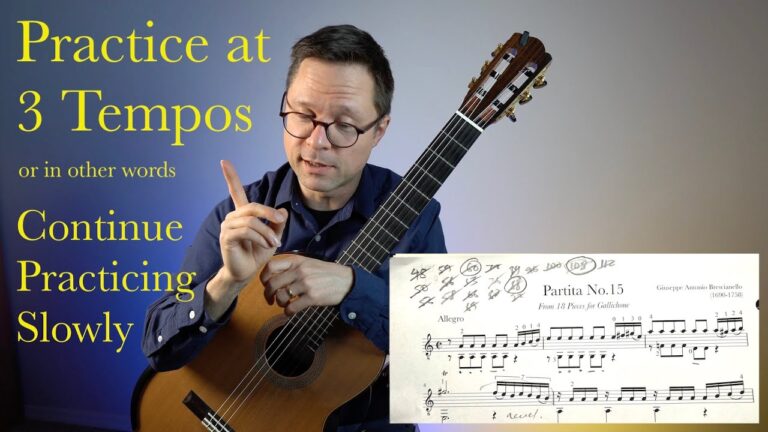Ideas on practicing music with a focus on quality. This not a ‘how to practice’ post but really just a reminder to students about the importance of quality in your practice sessions.
Quality vs Quantity
As I’ve said in other posts such as Practicing Well: Positive Success Ratios, or The Difference Between Playing and Practicing, the amount of time you practice is not as important as the quality of that practice. Let’s consider your goals. You want to perform well, even under pressure right? Making sure your body reacts naturally is very important. Your body and mind often revert to whatever feels natural and familiar when under pressure. Therefore, if you practice well and do not allow yourself to ever build in wrong muscle-memory, bad technique, bland expression, and mistakes, then your performances will mimic that behavior. The main point is this: You will only play as well as you practice.
Organizing your practice session (effective techniques)
According to Roger Chaffin & Anthony Lemieux in Musical Excellence: Strategies and Techniques to Enhance Performance (pg 22) a study concluded that:
…quality of performance was predicted by how practice was organized. As learning progressed, practice increasingly organized in terms of the structure of the music…and those who started doing this earlier gave the best performances at the end of the learning process. Musical achievement in this case was predicted by the ability to discern the musical shape of the piece and thus to form an ‘artistic image’ of how it should be performed, rather than by the amount of practice.
So, not only is quality practice important, but the way the musician approaches practicing appears to affect the end result. You need to discover which strategies actually work for you. This is why students need good teachers, the teacher can help aid in the development of efficient practicing. Here are some thoughts (rather than rules) that I’m currently brain-storming about the quality practice session:
- Create a strategy for success: If you’re practicing a particularly difficult piece, or long, or simply in a style you are not familiar with, what will be your practice strategy? Will research and analyse the piece first? Will you listen to every recording by that composer? Will you look at multiple editions? Will you take a technical approach? Here’s one possible approach:
- Identify the musical gestures, motifs, ideas, phrasing, articulation, dynamics, etc first
- Practice the individual gestures without worrying about the overall tempo
- Start playing small groups of gestures (maybe by phrase) to hear the context and pulse
- Now start playing larger sections based on the form of the piece
- Finally, start evening out the tempo (slow practice) of the whole piece with even more attention to form
- Now it’s time to start playing & practicing the whole the piece as you would perform it…
- Identify the biggest element holding you back: Is your technique, musical expression, or reading skills holding you back? Identify your weaknesses and tackle them first!
- Learn what development skills work for you: A great way to do this is to play in lots of masterclasses. If a teacher is able to suggest a ‘way’ of practicing something that makes a big difference right off the bat, you need to write down that ‘method.’
- Repetition does not equal improvement: Practicing is more than just routine. Practicing is problem solving. You need to solve the problem rather than just repeat something over and over.
- Develop skills as you go: You need to develop your skill-set rather than just the single piece your working on. Always be thinking of how you can improve your long-term technique or performance skills. Every piece you play offers an opportunity to improve your overall level.
- How long can you concentrate? If you can’t concentrate then you’re very likely not practicing well. Take a break and go for a walk, eat some food, drink water…anything to help you focus.
- Go Zen: You need to stay focused on the task at hand and not be thinking about what’s for dinner while you play. You might have to practice ‘not thinking’ and focus on only the task at hand.
- Record yourself and figure out your priorities Recording yourself can often make it clear what the biggest problem is in your performance. For example: maybe the basic pulse just isn’t strong enough. Without a sense of pulse you might not be successful no mater how good your technique or phrasing is. Find out the biggest weak point and fix it.
- Think of the end result: what does the finished product sound like? What do you want listeners to get from your performance? What is the form of the piece and will people be able to understand it?
A great little booklet on practicing:
On Practicing: A Manual for Students of Guitar Performance by Ricardo Iznaola
Paperback: 24 pages
Publisher: Mel Bay Publications, Inc. (January 12, 2001)
Language: English
View inside or buy the book on Amazon: Ricardo Iznaola on Practicing

